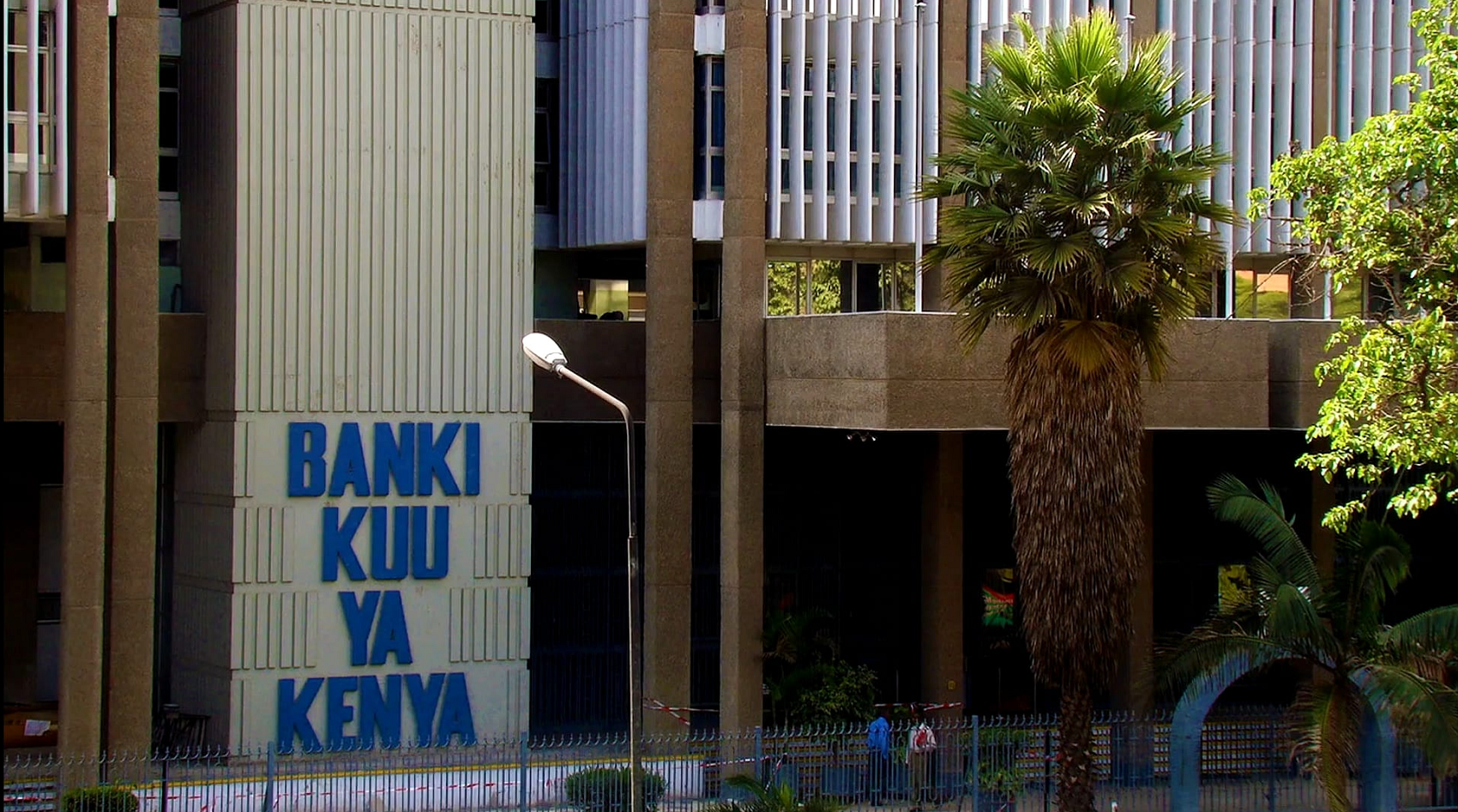
Already reeling from the impact of interest rates caps that have eaten into their profit margins, banks are headed for more trouble after the Central Bank of Kenya (CBK) proposed hefty fines for financial institutions that fail to disclose total cost of credit or charges to a customer.
Other violations that would attract penalties include imposition of any charge on any product or service without prior written approval; increasing any charge on any product or service without the prior written approval and charging interest on loans or other credits in excess of the prescribed statutory maximum.
According to draft regulations formulated by CBK, institutions or other non-natural persons violating the rules will be liable to a fine of Sh20 million.
A natural person will be fined Ksh1 million up from Ksh200,000. The CBK also seeks to impose a fine of Ksh100,000 for each day or part thereof during which such failure, neglect or refusal continues, up from Ksh20,000.
If the regulations, which will be subjected to public participation, come into force, it will also be illegal for banks to recover interest or other charges on non-performing loans in excess of the prescribed limit.
Those that fail to comply with any direction, instruction or order issued by the Central Bank or any condition imposed on a license or other approval given by the Central Bank and those that fail to heed the advice of the CBK will also be liable for punishment.
It will also be an offence to allow a person to become, or becoming a significant shareholder, director or senior officer of an institution before the Central Bank has certified the person as fit and proper to manage and control the institution.
The regulations are aimed at providing a clear framework for assessing and levying of monetary penalty against an institution, credit reference bureau or any other person who has failed to comply with any direction or order issued by or any condition imposed by the Central Bank.
“Specific violations, which may be subject to assessment of monetary penalty under these regulations, include paying interest or return on deposits below the prescribed statutory minimum; failure to disclose total cost of credit or charges to a customer; imposition/increase of any charge on any product or service without prior written approval,” the CBK regulations say.
Other violations that may attract such penalties include failure to maintain the prescribed minimum liquid assets, failure to maintain the prescribed insider lending limits, failure to obtain prior written approval from the Central Bank before opening, relocating or closing a place of business or allowing a representative office to carry out banking business without the approval of the Central Bank.
Several banks have in the past due to insider lending, the latest being Imperial Bank and Chase Bank, which were put under receivership last year.
Also, granting loans, advances or other credit facilities granted by the institution to any person exceeding of 25 percent of the institution’s core capital will attract the penalty.
The new rules are meant to bring into force the Finance Act of 2016 that increased the fines for violation of the laws from the previous Ksh5 million.
The new rules promise greater protection to bank customers, who have been suffering from arbitrary increases in charges and interest on loans as well numerous fees hidden in fine print.
Banks have been on the spotlight for imposing arbitrary charges or unilaterally converting their savings accounts into transactional accounts, making them lose the benefits that were accruing from the savings.
This is one of the methods the financial institutions have been using to make up from losses resulting from the interest rates caps.
CBK says the proposed rules are meant to promote greater compliance with the Act, Prudential Guidelines, these Regulations, Credit Reference Bureau Regulations or any other Regulation or Guideline issued under the Act, any direction or order issued by or any condition imposed by the Central Bank.
They are also meant to deter institutions, credit reference bureaus or any other person from engaging in delinquent acts or omissions.
Banks will also be punished if they fail to identify, monitor or report suspected money laundering and terrorism financing activities; verify customer identity and/or establish and maintain customer records; establish and maintain internal money laundering and terrorism financing activities reporting procedures and report a cash transaction above the prescribed limit.
They will also be required to establish or maintain an effective control mechanism for anti-money laundering and countering the financing of terrorism and comply with other laws relating to anti-money laundering and countering the financing of terrorism.
Last year, Family Bank, Sidian Bank and Faulu Bank were fined Sh1 million each for failing to report suspicious transactions involving the National Youth Service (NYS) to the Financial Reporting Centre.
One of the suspects in the scam, Josephine Kabura was later to admit she used to carry bag loads of cash from Family Bank.
NEXT READ












Leave a comment